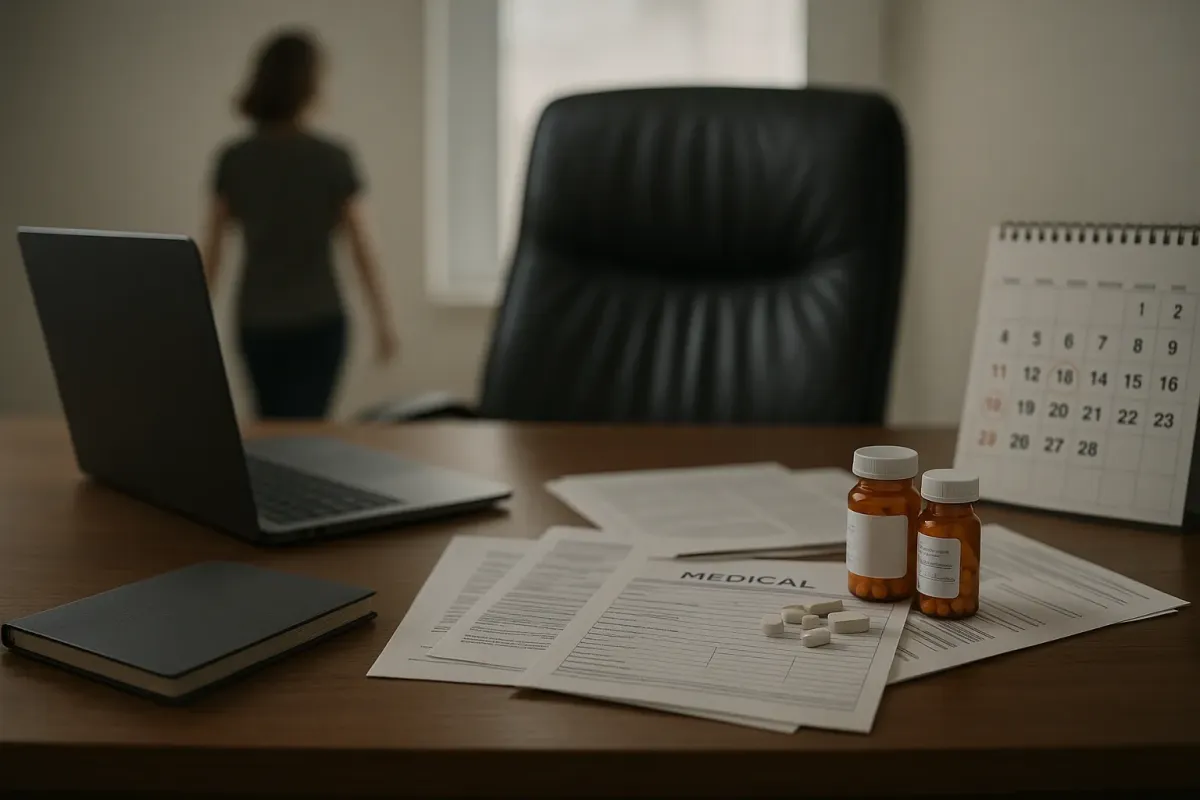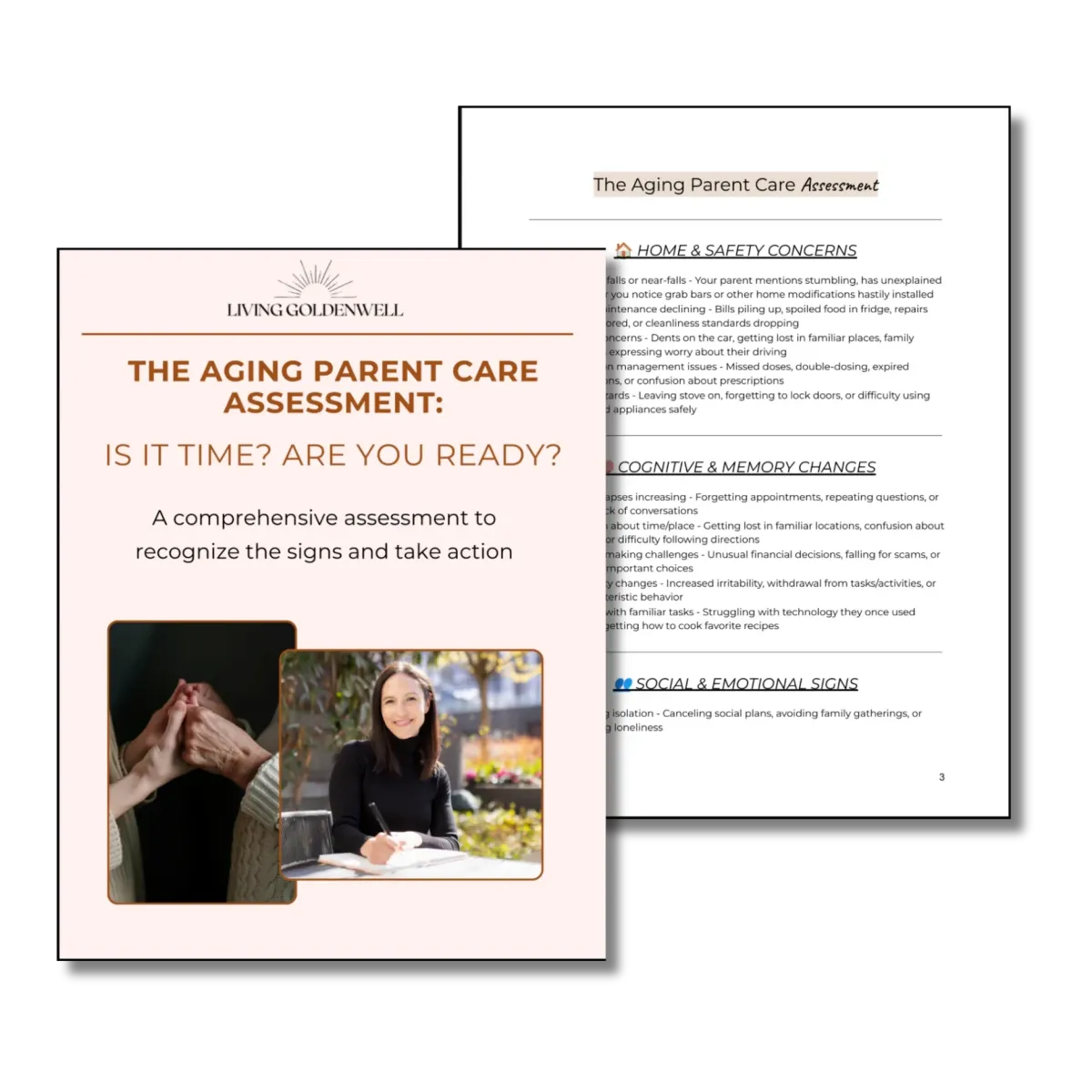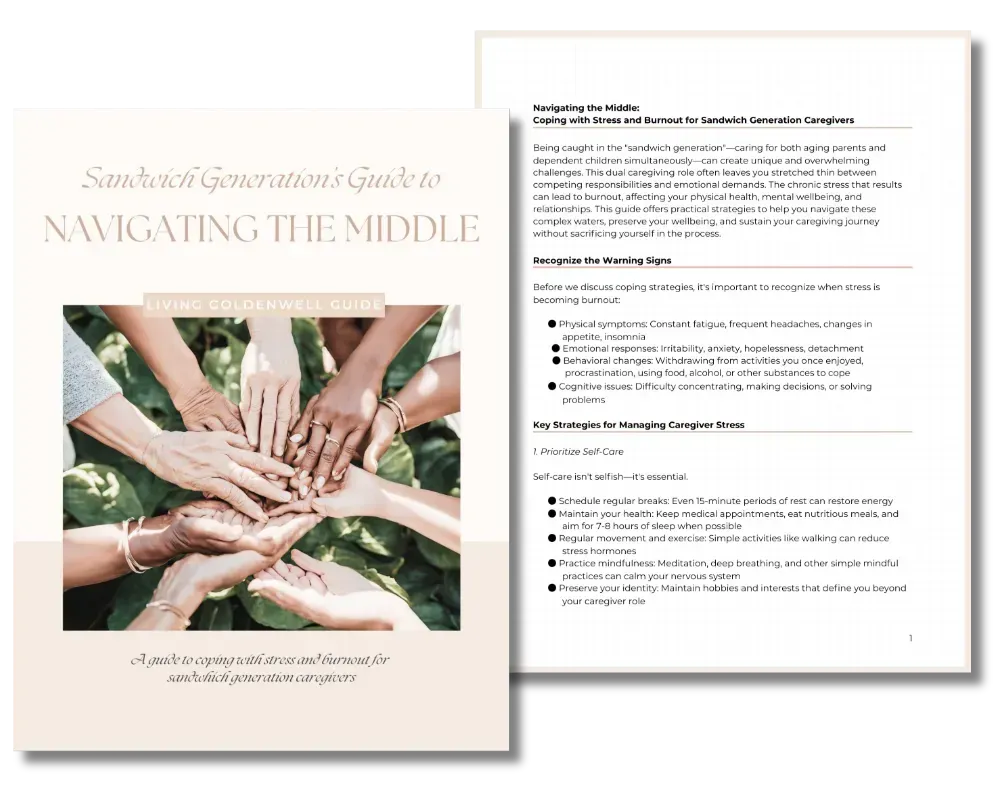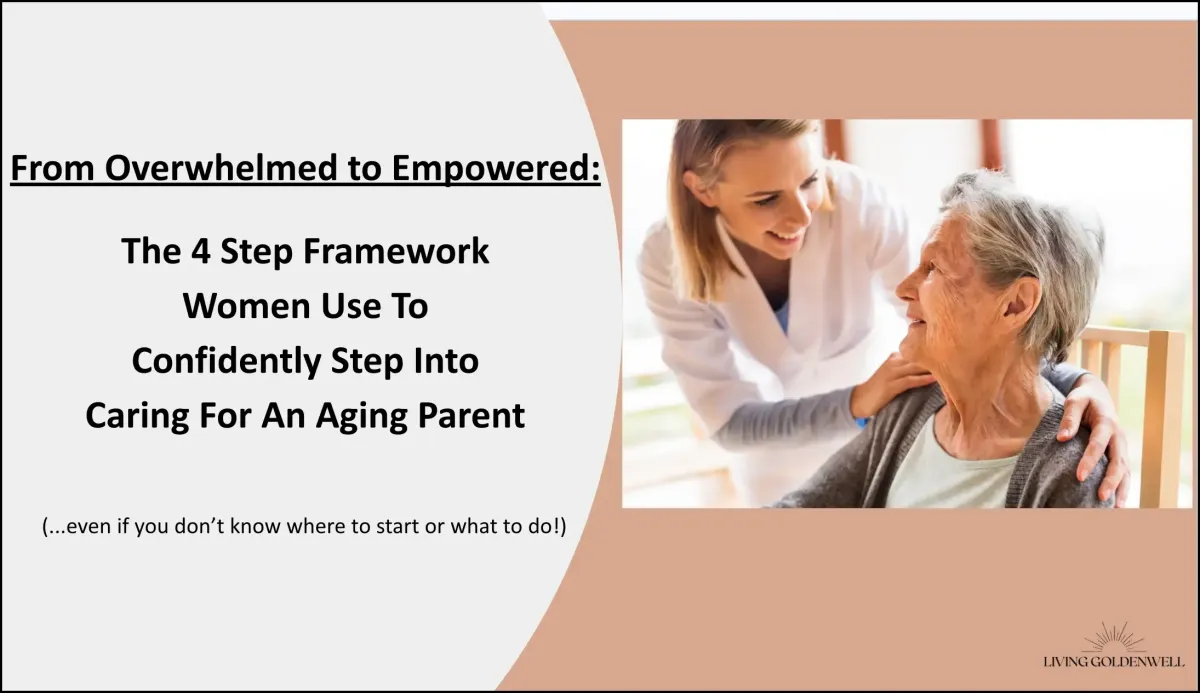
The $600 Billion Secret: Why Professional Women Are Silently Leaving Their Careers
America's eldercare system has a dirty secret: it doesn't exist.
Instead, we have at least 53 million family caregivers—predominantly women—providing $600 billion in unpaid care annually while our healthcare infrastructure pretends this invisible workforce will handle everything.
I guide professional women through eldercare transitions, and recently watched the PBS documentary Caregiving confirm what I see daily in my work: we're not facing a future crisis. We're drowning in one right now.

The Real Cost of "Family Values"
The documentary revealed what my clients live every day. High-achieving women abandoning promotions, liquidating retirement accounts, and walking away from decades-long careers because there's no infrastructure to support working caregivers.
This isn't about choosing family over career—it's about a system that forces impossible choices on women who are already carrying the load.
The statistics tell the story:
1 in 5 employees is simultaneously a family caregiver
Women provide 61% of all unpaid eldercare
The average family caregiver loses $324,044 in lifetime earnings
Yet most employers remain blind to this reality.
When Dementia Changes Everything
Caring for aging parents with dementia introduces a unique form of trauma that healthcare professionals rarely address. You're not just managing decline—you're grieving someone who's still physically present while navigating behavioral changes that can be dangerous, unpredictable, and heartbreaking.
The emotional toll is measurable. Dementia caregivers experience depression at twice the rate of other caregivers, yet support systems remain fragmented and inadequate.
My clients describe the same experience: "I feel like I'm watching my mother disappear in slow motion, and everyone expects me to just figure it out."
This isn't just something you just "figure out." It's a complex medical and emotional situation requiring specialized knowledge and systematic support.
The Workplace Conspiracy of Silence
Professional women confide to me they hide their caregiving responsibilities like a shameful secret. They take calls from assisted living facilities in bathroom stalls, schedule medical appointments during lunch breaks, and decline opportunities rather than admit they're managing eldercare.
This silence serves no one.
Businesses lose talented employees to preventable burnout. Women sacrifice career advancement during their peak earning years. Families implode under financial and emotional pressure.
The fear of being seen as "unreliable" keeps women trapped in an unsustainable cycle of secrecy and sacrifice.
Why Traditional Solutions Don't Work
Most eldercare advice treats symptoms, not systems. It focuses on finding "good facilities" or "managing stress" without addressing the fundamental problem: women (and men) are expected to become eldercare experts overnight while maintaining everything else in their lives.
This approach fails because it misunderstands the scope of the challenge. Effective eldercare requires:
Understanding complex healthcare systems
Navigating family dynamics under extreme stress
Managing financial decisions with long-term consequences
Advocating effectively within medical bureaucracies
Processing grief while making critical decisions
None of this is intuitive. But all of it is learnable.
A Different Approach: Strategic Eldercare Management
In my group coaching and education program, I treat eldercare as what it actually is: a complex project requiring specialized skills, strategic thinking, and systematic support.
We address:
Healthcare navigation: Understanding how medical systems actually work
Family dynamics: Managing siblings, spouses, and resistant parents
Financial strategy: Protecting assets while accessing necessary care
Career protection: Maintaining professional momentum during caregiving transitions
Emotional resilience: Processing grief and identity shifts
It's strategic skill-building for one of life's most challenging transitions.
The Path Forward
The PBS documentary made one thing clear: waiting for systemic change means accepting that another generation of women will sacrifice their financial security and career potential to provide care that should be systematically supported.
Professional women don't need to be rescued—they need to be equipped. They need practical strategies, peer support, and permission to approach eldercare as a manageable challenge rather than an overwhelming burden.
Change begins when women stop accepting that the caregiving crisis is their individual failure and start treating it as a systemic problem requiring strategic solutions.
You Don't Have to Choose Between Career and Care
The current eldercare crisis forces false choices because it assumes women will sacrifice themselves to fill the gaps in our healthcare system. But there's another option: learning to navigate the system strategically while protecting your own interests.
Professional women who successfully manage eldercare transitions share common strategies:
They educate themselves about healthcare systems before crisis hits
They build support networks early
They advocate confidently within medical settings
They protect their careers while providing quality care
They process the emotional journey with appropriate support
In other words, it's about being strategic.
Take Action
If you're currently managing eldercare while maintaining your career, you're already demonstrating remarkable capability. The question isn't whether you can handle this—it's whether you'll give yourself the tools and support to handle it effectively.
Ready to handle eldercare more effectively?
🎯 Access my eldercare strategy masterclass for immediate, actionable guidance
🗣️ Schedule a consultation to discuss your specific situation and explore strategic options
📝 Enroll in the group program if you're ready for systematic skill-building and peer support
Professional women have built careers by learning complex skills and managing challenging projects. Eldercare is no different. It just requires the right framework, support system, and recognition that you deserve both career success and family care—not either-or.
Let's change how eldercare gets done in America. One strategic woman at a time.






